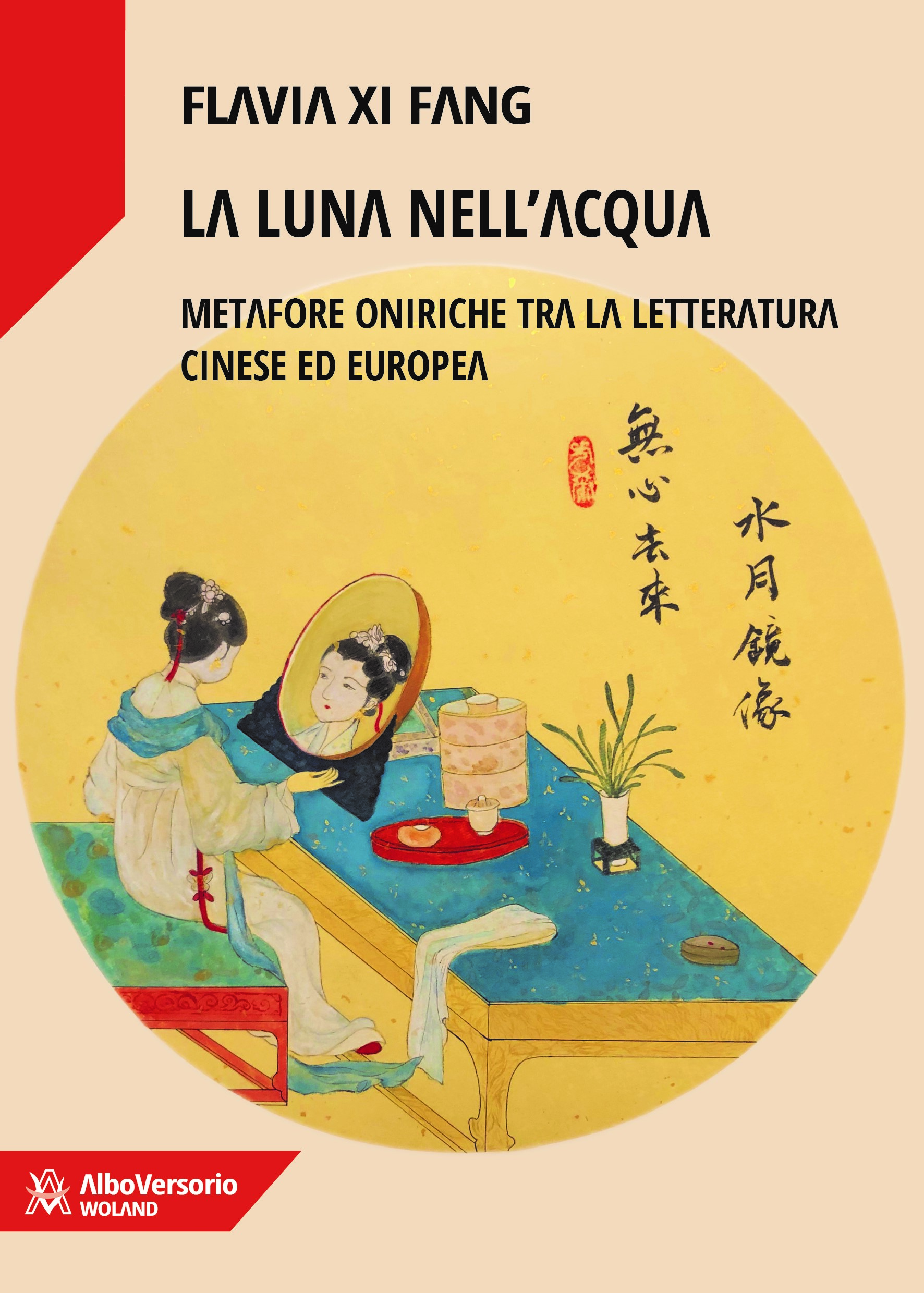Postgraduate’s debut book examines dream metaphors in English and Chinese writings
“East-West literature comparisons have been made before but this is the first time I know of that these themes have been explored in this way”
A dream has come true for a PhD student at St John’s who has transformed her Master’s thesis into a published book.
Flavia Xi Fang’s debut book, La luna nell’acqua: metafore oniriche tra la letteratura cinese ed europea, has been published in Italy, where she studied for her Master’s, and in English means Moon in the Water: dream metaphors in Chinese and European literature.
The third-year postgraduate Chinese Studies student is currently working on the history of the Silk Road and in La luna she compares the recurrent major themes of dreams and illusion to be found in literary masterpieces by Tang Xianzu, the 16-17th century playwright of the Ming Dynasty, Cao Xueqin, a writer during the Qing Dynasty in the 18th century, 17th century Spanish playwright Calderón de la Barca, and England’s own famous bard William Shakespeare.

Flavia said: “The book explores the literary themes of life as a dream in European and Chinese literature, which calls into question various metaphysical issues such as the duality between reality and illusion. You can find the foundations of this in Daoism, Buddhism and Greek classics as well as the traditional Judeo-Christian texts.”
The origins of the book lay in Flavia’s Master’s thesis at Sapienza University of Rome, where she studied comparative literature. “I analysed a range of Chinese and European authors from the Early Modern Period who were working roughly around the same time and I read them in a comparative perspective to reflect on the similarities and differences in their works. There’s no evidence really of influences or contacts between them, to the best of my knowledge, but it is very interesting to see the similarities of authors from so different temporal demographic areas.
“East-West literature comparisons have been made before but this is the first time I know of that these themes have been explored in this way.”
Flavia did her own cover artwork, which is inspired by the 12th-century Chinese artist Su Hanchen and his painting, Lady at Her Dressing Tale. The image of the lady looking in the mirror echoes the central theme. “Together with the title of the book, they are a reference to a famous Buddhist proverb ‘jinghua shuiyue’ (‘flowers in the mirror, moon in the water’) where flowers and the moon are metaphors for something beautiful but like attainable dreams,” Flavia explained. She also created calligraphy for the frontispiece of the book, a Chinese idiom that means ‘life is like a dream’ (pictured top).
Her findings during her Master’s prompted her to do her current research. She said: “I found so many more unexpected connections and potential contexts between these cultures in Medieval times, even in terms of stories and ideas. This led me to my work now on the exchanges along the Silk Road. It includes the transmission of styles, ideas and people’s technologies.”
Flavia is a recipient of the St John’s Benefactors’ Scholarship, which has enabled her to do her PhD at at the Faculty of Asian and Middle Eastern Studies, and hopes to follow a career in academic research. She added: “I would like to thank Professor Piero Boitani and Professor Emilia Di Rocco from the University of Rome for making the publication possible, and my supervisor here at Cambridge, Dr Imre Galambos, for his guidance and support.”
-
La luna nell’acqua: metafore oniriche tra la letteratura cinese ed europea is published by AlboVersorio (Milan), priced €12.30.

-
Published: 18/11/20